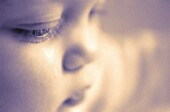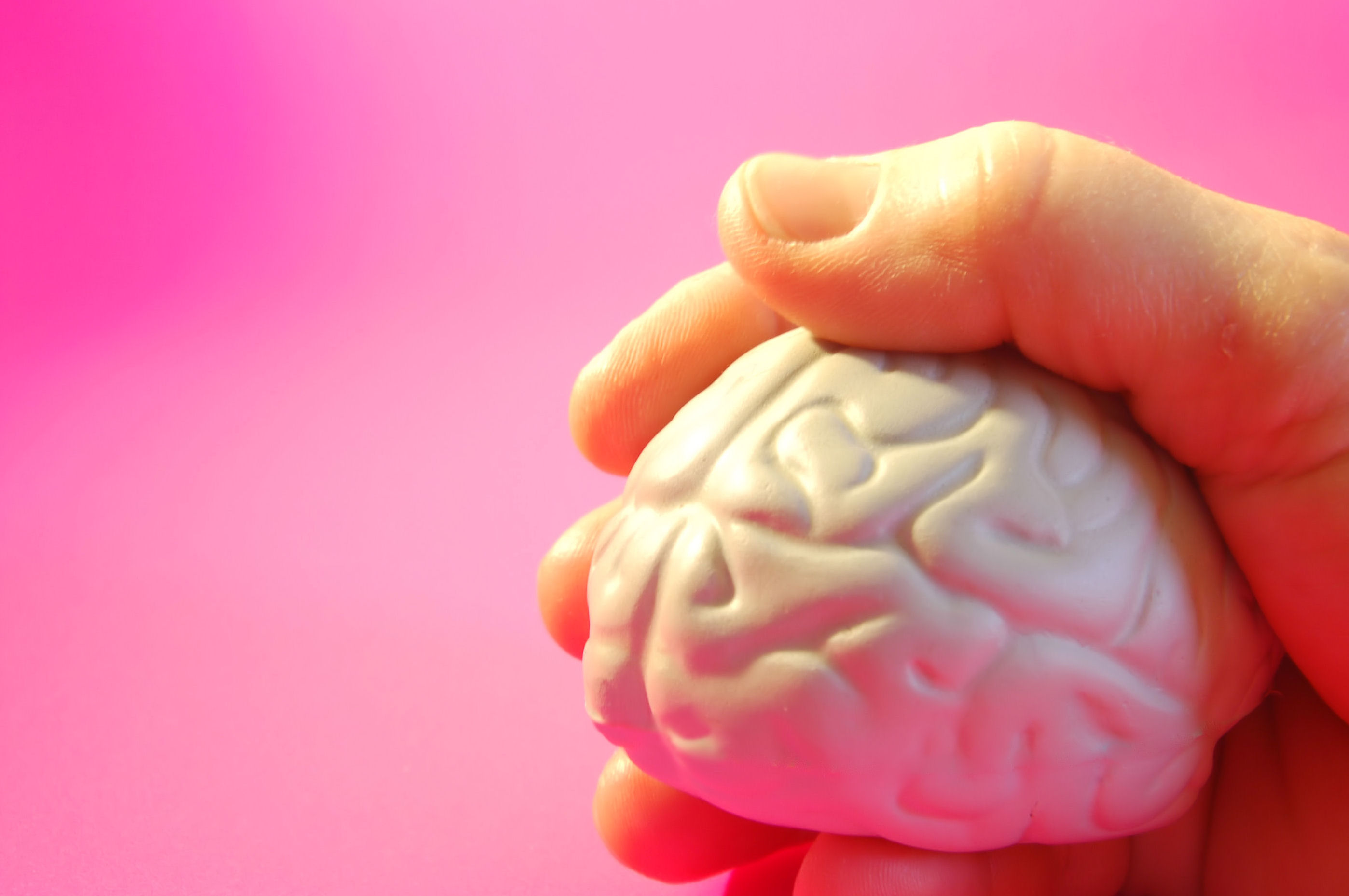
THURSDAY, Feb. 14 (HealthDay News) — Babies as young as 7 months can tell one language from another and begin to learn them even if they have very different rules of grammar, a new study suggests.
The authors discovered that babies use pitch and the duration of spoken words to figure out that languages are different.
“By as early as 7 months, babies are sensitive to these differences and use these as cues to tell the languages apart,” study co-author Janet Werker, a University of British Columbia psychologist, said in a university news release. “If you speak two languages at home, don’t be afraid, it’s not a zero-sum game. Your baby is very equipped to keep these languages separate, and they do so in remarkable ways.”
“Babies growing up bilingual… develop new strategies that monolingual babies don’t necessarily need to use,” added study co-author Judit Gervain, a linguist at the Paris Descartes University.
The study appears Feb. 14 in the journal Nature Communications, and will be presented at the American Association for the Advancement of Science annual meeting, in Boston.
More information
For more about child development, try the U.S. National Library of Medicine.

